Thatta remains optimistic
"The floods are a blessing for us. We’ll finally have freshwater to drink.”
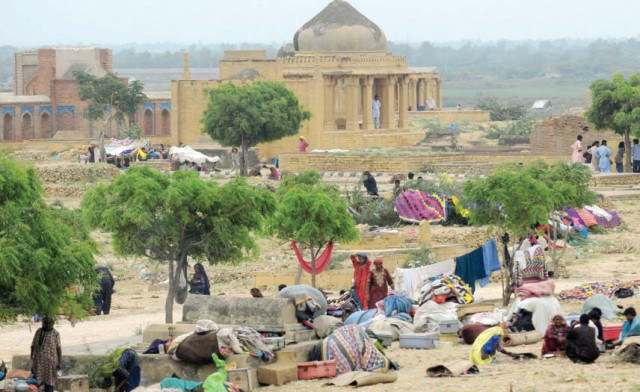
Thatta remains optimistic
But they know you’re lying and like other ‘media wallahs’ (as they choose to call us) we’re just here for a story. “Back in my village I never stepped out of my house and here I am now on the streets for everyone to film,” says an irked Roshan, a displaced resident of the Sujawal sub-division who was brought to the hills of Makli five days ago.
There are others who enjoy the attention and insist that I listen to their story. This includes not just the displaced but the rescuers as well. Musarrat Mandhrio of Pakistan Fisherfolk Forum boasts about his organisation’s trained rescuers who were able to rescue more people than the Pakistan Navy because they “knew the waters well”.
“There is a way to go about in shallow waters. You can’t run the engine on high speed. Rescuers from the navy just didn’t understand that and their boats would get stuck after every few metres,” laughs Mandhrio. “We ended up rescuing the rescuers.”
He adds that the fishermen they work with were at their happiest during the disaster as the government found them worthy of attention. “They used these boatmen round the clock during this calamity, but don’t care for their rights otherwise,” he murmurs, initially hoping I wouldn’t use this quote. However, he thinks again before saying: “I think you should also mention that despite the training they have, the boatmen should at least be provided with lifejackets as they continue with their rescue mission.”
But he was quick to add that the government is acknowledging the efforts of all the NGOs on ground, and the DCO is supportive of the measures they are taking. In fact, Manzoor Sheikh – who is the district coordination officer – is one person everyone is fond of, it seems.
At the Makli office of World Wildlife Fund (WWF) Pakistan, the manager Zahid Jalbani shows me a stack of ration cards prepared by his staff members for the displaced. “Since we couldn’t help the government directly in the rescue efforts, we thought of facilitating them and sharing their burden,” says Jalbani. “I wouldn’t have done this if it wasn’t for the DCO who recognises our work instead of criticising the ‘NGO lot’ like most government officials.” Many say that rescue efforts in Thatta were better managed due to this coordination.
Happiness for some
However, along the coastal areas of the district such as Keti Bandar and Kharo Chhan, rescuers were not within sight. “The government knows we fishermen can take care of the floods. The waters don’t scare us,” says Mohammad Rizwan.
“But how is that even an issue,” he shrugs as he invites me to his camp in a high school in Keti Bandar.
As most of his district drowns in floods and desperation stripping people of their belongings, it was interesting to talk to Rizwan who appeared relatively calm. Although his house in the kachcha area was also washed away, he did not mourn its loss. What mattered more to him was the fish habitat that was destroyed due to the floods.
“You’re here at the wrong time,” he says, looking towards the coastline. “Whenever we have visitors, we invite them over for a meal of fish, but now the Pallah (Hilsa) is all gone.”
“But I’m not here to have Pallah,” I interrupt.
“Yes, yes I know you are here to report. But what is there to write about us? The floods are a blessing for us. We’ll finally have freshwater to drink.”
Published in The Express Tribune, September 1st, 2010.


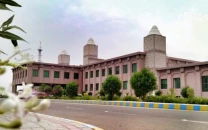
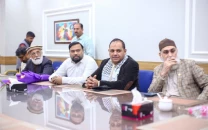
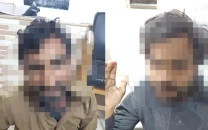
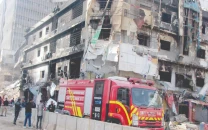












COMMENTS
Comments are moderated and generally will be posted if they are on-topic and not abusive.
For more information, please see our Comments FAQ